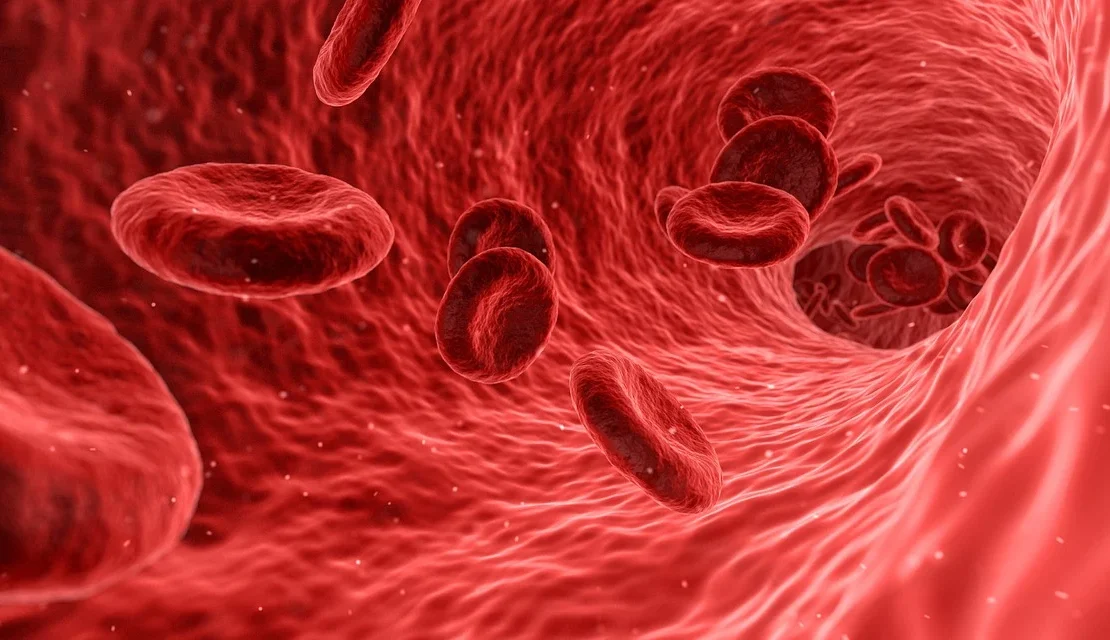how to improve your cell health? Your body is made up of trillions of cells, and each one plays a crucial role in keeping you energized, strong, and healthy. But did you know that the way you eat, move, and manage stress can directly impact how well your cells function? If you want to improve your cell health, now is the perfect time to start making small, meaningful changes.
In this guide, we’ll explore practical tips, nutrition strategies, and lifestyle habits that help your cells thrive. By following these simple steps, you can boost energy, support immunity, and give your body the foundation it needs to stay healthy from the inside out. Think of it as a tune-up for your body at the cellular level — small actions that can make a big difference in how you feel every day.
Why Cell Health Matters
Healthy cells are the foundation of energy, immunity, and overall wellness. Each cell is responsible for performing critical tasks — producing energy, repairing DNA, and communicating with other cells. When your cells aren’t functioning optimally, you may feel sluggish, experience inflammation, or notice slower recovery from everyday stress.
Maintaining good cell health is not just about looking or feeling good — it can also reduce the risk of chronic diseases and support long-term vitality. Even small changes in diet and lifestyle can help your cells perform at their best.
For a scientific overview of cellular health, check out this NIH resource.
Top Nutrients That Support Cellular Health
Eating the right nutrients is one of the easiest ways to protect your cells. Certain vitamins, minerals, and healthy fats play a key role in keeping your cells functioning properly.
| Nutrient | Role in Cell Health | Food Sources |
|---|---|---|
| Vitamin C | Powerful antioxidant that protects cells from oxidative stress and supports immune function | Citrus, berries, peppers |
| Omega-3 | Helps reduce inflammation, supports cell membranes, and may protect against age-related decline | Fatty fish, flaxseed, walnuts |
| B Vitamins | Vital for energy production at the cellular level and DNA repair | Whole grains, eggs, legumes |
| Magnesium | Cofactor for hundreds of enzymes, supports energy metabolism and nerve function | Nuts, spinach, seeds |
| Selenium | Antioxidant that helps prevent cellular damage | Brazil nuts, fish, eggs |
💡 Tip: Try to include at least 3–4 of these nutrients daily. Even small servings, like a handful of nuts or a piece of fruit, can make a difference over time.
Lifestyle Habits That improve Your Cell Health
Nutrition alone isn’t enough — your daily habits have a huge impact on cellular function.
| Habit | Why It Helps |
|---|---|
| Exercise | Improves nutrient and oxygen delivery to cells, reduces inflammation |
| Sleep | Supports cellular repair and recovery |
| Stress reduction | Reduces oxidative damage and improves hormone balance |
| Limit toxins | Prevents cellular damage from free radicals and environmental pollutants |
- Exercise regularly: Simple activities like walking, yoga, or light cardio improve circulation and deliver nutrients to your cells. Aim for at least 150 minutes of moderate exercise per week.
- Manage stress: Meditation, deep breathing, or even a short walk outside can help reduce oxidative stress on your cells. Chronic stress can accelerate cellular aging, so small daily practices matter.
- Prioritize sleep: Deep sleep is when most cellular repair happens. Aim for 7–9 hours each night and maintain a consistent sleep schedule.
- Avoid toxins: Limit alcohol, processed foods, and unnecessary chemicals that can damage cells. Even small adjustments, like switching to natural cleaning products, can help.
Quick Tips to Improve Your Cell Health
Here are some easy, daily actions to help you improve your cell health:
| Tip | Benefit |
|---|---|
| Hydrate | Supports cellular function, detoxification, and nutrient transport |
| Eat colorful fruits & vegetables | Provides antioxidants to fight cell damage |
| Rotate protein sources | Supplies essential amino acids for repair and growth |
| Take screen breaks | Reduces oxidative stress from blue light |
💡 Extra tip: Incorporate a mix of raw and cooked vegetables, as cooking can enhance some nutrients while preserving others. Small changes like adding a salad to lunch or swapping soda for water can make a measurable impact.
Common Questions About Cell Health
How do I know if my cells are healthy?
While you can’t see your cells, signs of healthy cellular function include good energy levels, quick recovery after activity, clear skin, and overall wellness. Blood tests can also assess nutrient deficiencies that affect cellular health.
Can supplements replace a healthy diet?
Supplements can help fill gaps, but they cannot replace whole foods. Whole foods provide fiber, antioxidants, and other compounds that work synergistically for cellular health.
Wrapping It Up
Improving your cell health doesn’t require a complete lifestyle overhaul — small, consistent habits can make a big impact. By nourishing your body with the right nutrients, managing stress, moving regularly, and sleeping well, you’re giving your cells the tools they need to perform their best.
Want to support your gut and digestion while improving your cells? Check out our guide on How to Choose the Best Fiber Supplement for Digestion.
Remember, healthy cells mean more energy, better immunity, and a stronger, more resilient body. Start with a few of these tips today and build from there — your cells will thank you!

